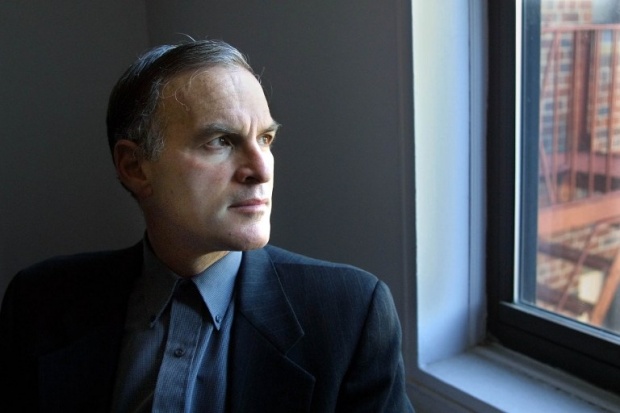The Israeli-Palestinian conflict has been an ongoing issue for several decades. Since the mid 1900’s Israel and Palestine have been fighting over control of a set of land known as the occupied territory. These territories include the west bank, and the Gaza Strip.
The west bank is technically considered under the control of the state of Israel, however there is debate that some parts are illegally occupied by Palestine.
The Gaza Strip is currently under control of an Islamic military group known as Hamas, who have established a blockade.
This conflict has been the topic of many debates by political scientists and activists, and the headline for many news articles.
One of these political scientists involved in the debate, Norman Finkelstein, will be coming to Sinclair Thursday March 22, to speak about the current situation in Gaza and recent Israeli military attacks.
The event, titled Palestine in the Classroom, will held in building 12 room 131, from 3:30 p.m. to 5:00 p.m. This will be followed by a meet and greet with Finkelstein from 5:00 – 6:00, and dinner form 6:00 – 7:00.
The evening will conclude with Finkelstein’s presentation “Gaza: Martyrdom & Betrayal,” from 7:00 – 9:00. The evening and it’s events are open, and free, to students, faculty and staff of Sinclair.
Finkelstein holds a PHD in political science from Princeton University, and is a renowned political scientist. He focuses largely on the Israeli-Palestinian conflict and the Holocaust.
Finkelstein is also a professor and an author of many books, including “The Holocaust Industry: Reflections on the Exploitation of Jewish Suffering” which reflects his second focus on the holocaust.
Finkelstein talks about everything from potential solutions to the conflict, the Jerusalem fund, and the Gaza Strip.
Mohsen Khani, the facilitator of the events and a professor of geography at Sinclair, has been trying to organize for Finkelstein to come and speak at Sinclair for a year. But he was glad he could finally make it happen.
“The mainstream media and government present a different version of the conflict, the main reason I asked him [Finkelstein] to come here was to present what we most often don’t hear.” said Khani.
Cerridwyn Kuykendall
Associate Editor


